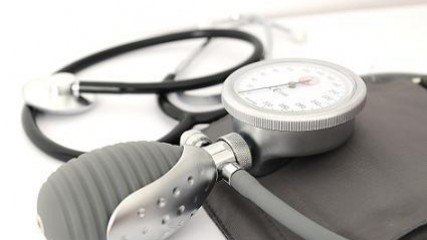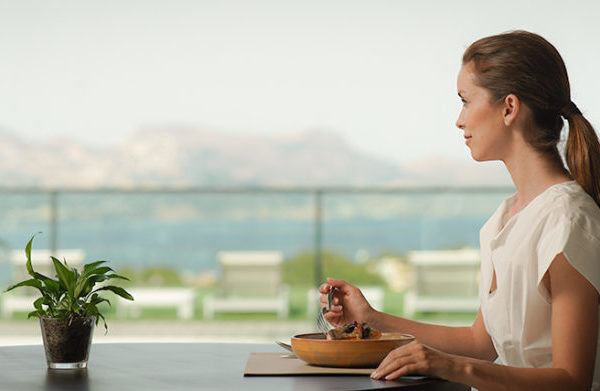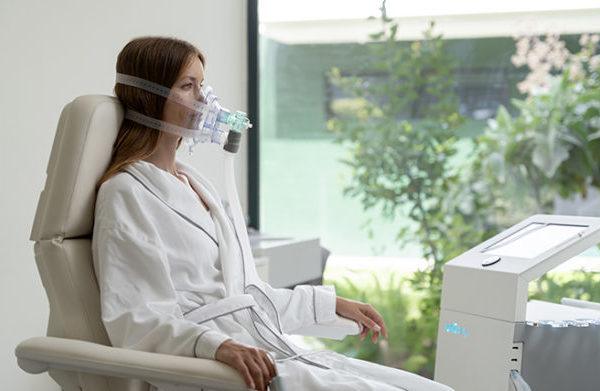
SHA Magazine Health & Beauty
How to control hypertension
Information and advice about high blood pressure
Last 7th April was the World Health Day and the WHO (World Health Organization) decided to dedicate it this year 2013 to hypertension disease, also known as high blood pressure, to promote and aware of the importance of controlling this health problem that is so prevalent in today’s society.
From this blog we want to join this initiative with this explanation about hypertension, its main causes and symptoms and the most appropriate ways of measuring, controling and preventing the high blood pressure by the hand of Dr. Alicia Garcia.
Hypertension is a cardiovascular disease that affects more than 30% of the world population and reaches almost 70% in people over 65. In addition, hypertension is the major risk factor for cardiovascular diseases and carries a high risk of other diseases such as stroke or stroke and myocardial infarction.
Today heart disease is the leading cause of death worldwide, being high blood pressure the most common of them. In fact, according to recent WHO studies, the mortality rate from cardiovascular disease accounting for 47% of the total, making it clear that maintaining stable blood levels will improve our health and will increase our life expectancy. But…
- What exactly is blood pressure?
When our heart beats, it pumps blood into the arteries and creates pressure on them to get the blood to circulate throughout the body. Systolic pressure (also known as “low pressure”) is the one recorded in the arteries when the heart beats and diastolic pressure (also known as high pressure”) is what occurs while the heart rests between beats. So when measuring blood pressure is always given two figures, one higher first and one lower then.
- When can you say that a person has high blood pressure? What are the normal levels of blood pressure?
Dr. Alicia Garcia explains that it depends very much on each person because there are individual factors that may change a lot the levels, although when the patient has values from 140/90 it is normally considered first degree hypertension.
- What are the main symptoms of hypertension?
High blood pressure can seriously affect the functioning of not only our hearts but also in our brain and kidneys. It usually has no obvious symptoms but, however, high blood pressure exponentially increases the risk of diseases such as strokes and brain hemorrhages, angina pectoris, myocardial infarction, heart failure, kidney failure or even blindness.
- How frequently is desirable blood pressure to be measured?
Although it is usually recommended to take the blood pressure at least once a year from ages 35-40, the truth is that today, and with the facilities that we have (there are devices that allow you to do it at home very easily) as recommended would start taking blood pressure from young and do so more frequently. Dr. Alicia Garcia recommends taking the blood pressure at least once a week, especially in those with previous hypertension in their families or those suffering from other diseases commonly associated with high blood pressure such as renal diseases.
In addition, there are times and situations like pregnancy where we have to watch very carefully our blood pressure levels. Hypertension in pregnancy is quite usually; especially when you consider that during the period of gestation increases the amount of blood in our body and, therefore, our blood pressure. Normally this is a slight increase almost irrelevant but there are times that hypertension in pregnancy can lead to big problems for the mother and her unborn child so it is very important to have your blood pressure checked and measured every day if necessary.
- When should we take the bloof pressure? Is there a recommended time?
Dr. Alicia Garcia always recommended to take the blood pressure at the same time of the day and ensure that the patient has rested a few minutes previously and has not ingested coffee, alcohol or other harmful substances that alter the levels. The blood pressure must be taken in a calm and relaxed environment and the patient should be seated with the horizontal arm located at heart level.
Note that sometimes appears what is called as ‘White Coat Syndrome‘. The White Coat Syndrome happens to many patients that are nervous simply because they know that a doctor is taking their blood pressure and this raises the levels immediately, so efforts should be made to reassure and take tension as naturally and calmly as possible.
- What are the main causes of high blood pressure?
There are two basic types of hypertension: essential or primary hypertension and secondary hypertension.
Essential hypertension or primary hypertension is not from specific or certain causes but it is usually caused by hereditary issues, lifestyle, etc. It is very difficult to draw precise causes of this type of high blood pressure and we must try to prevent it simply by following a healthy lifestyle and, if it appears, have it checked and controlled.
On the other hand, secondary hypertension is produced directly coming for some reason such as kidney disease or intake of certain medications. Our kidneys are closely linked to our blood pressure and its malfunction can result in what is known as renal hypertension, ie high blood pressure caused by narrowing the arteries that go the kidneys.
- How can you prevent this health problem? Are there natural remedies or treatments against high blood pressure?
Although it is very difficult to cure high blood pressure permanently, there are several of healthy lifestyle habits that can help prevent it and, if it occurs, reducing its values and keep it more controlled. The advice of Dr. Alicia Garcia:
- Reduce salt intake
- Eat a balanced and healthy diet
- Maintain an ideal weight: Obesity is a major cause of hypertension
- Practice at least 20-30 minutes of exercise a day (fast walking may be worth)
- Avoid alcohol, coffee or any other noxious
- Give up smoking
And you, how do you take care of your blood pressure levels?
Related posts:





